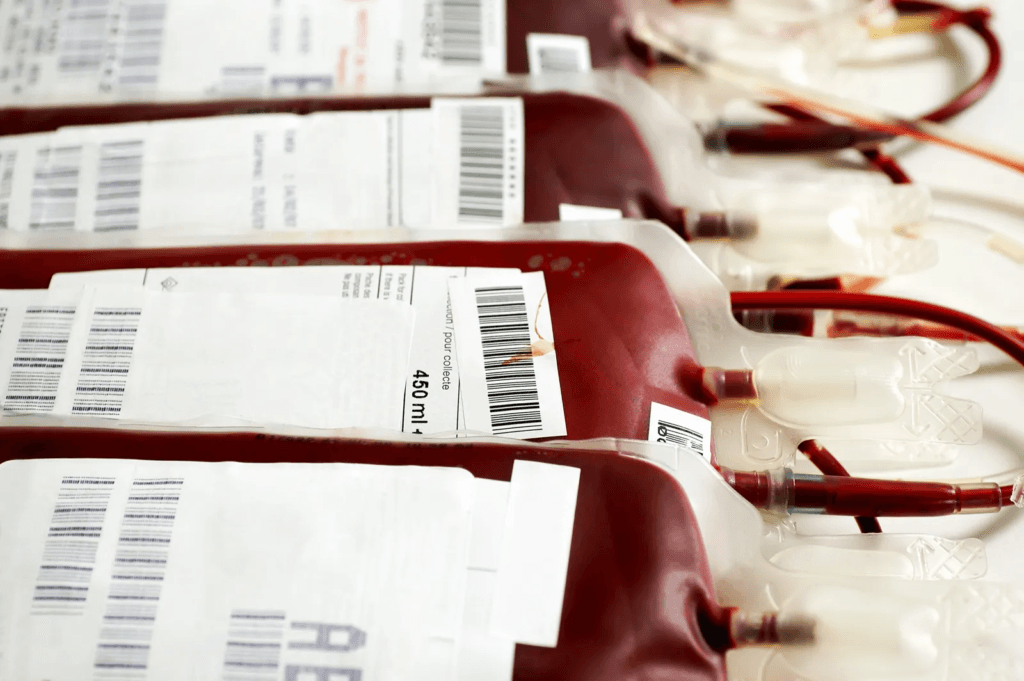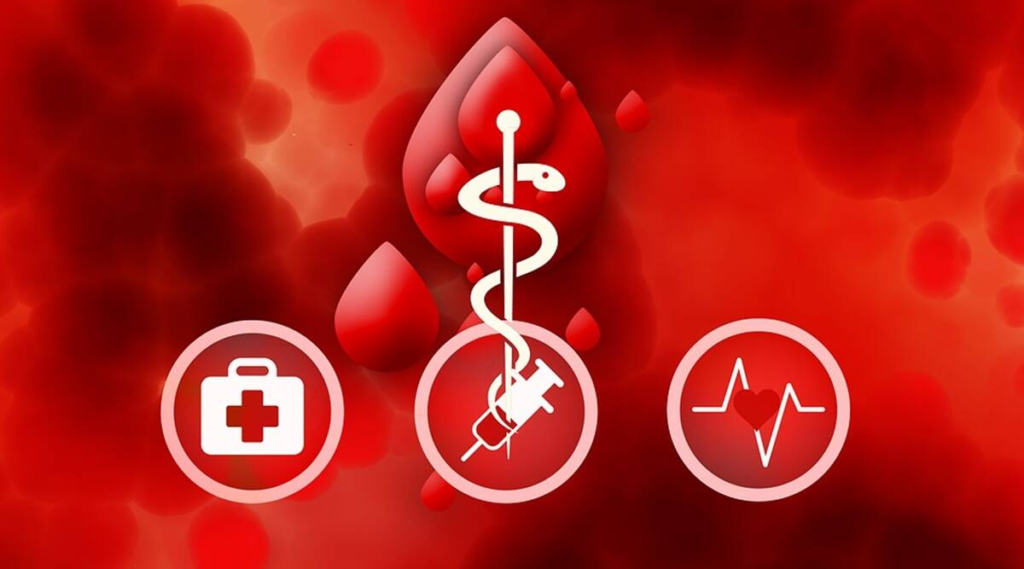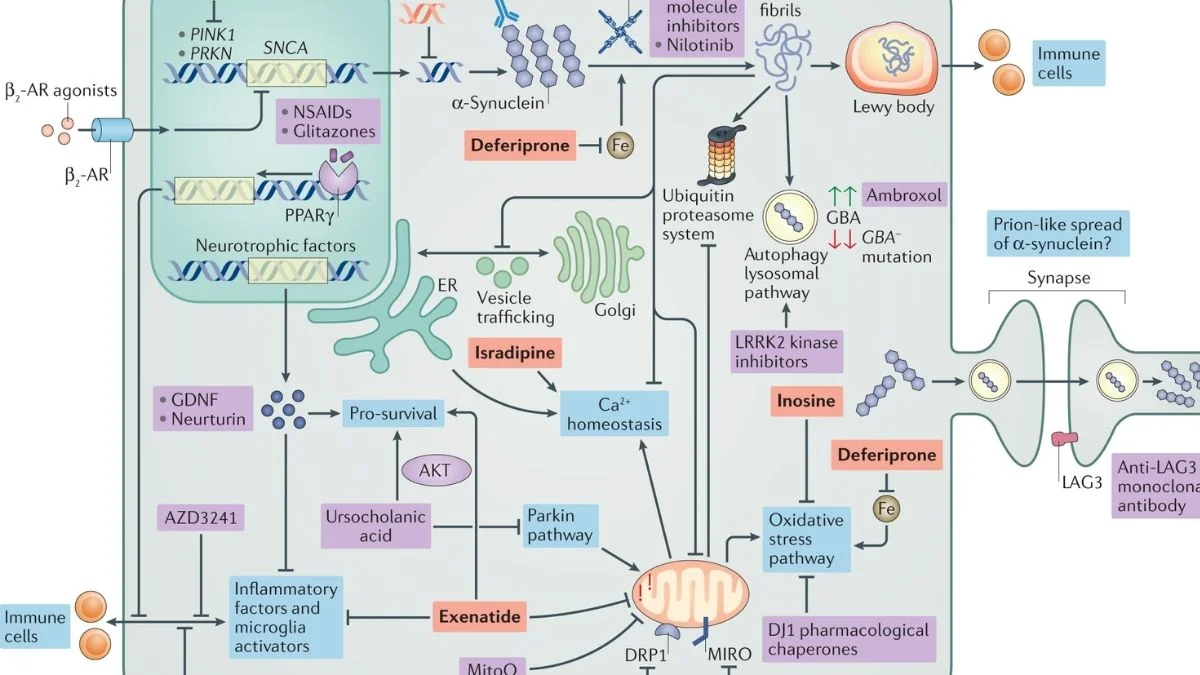World Blood Donor Day 2023: Understanding The Significance Of Blood Donation

World Blood Donor Day is observed annually on June 14 to raise awareness about the importance of safe blood and blood products. It is a day to express gratitude to volunteers and unpaid blood donors who contribute to saving lives through their donations. The theme for this year is ‘Give blood, give plasma, share life, share often.’
Blood Transfusion

A blood transfusion is a common medical procedure that involves administering donated blood to a patient through a small tube inserted into a vein in the arm. This procedure is often used to replace blood loss due to surgery, injury, or conditions that hinder the body’s ability to produce blood or its components. According to Dr. Muralidaran C, a Haematologist and BMT Physician at Wockhardt Hospitals Mira Road, blood transfusions are usually safe, and any issues that arise are typically minor.
Components of Blood
Blood is composed of various components, including:
- Red blood cells: They transport oxygen and aid in waste removal.
- White blood cells: They assist the body in fighting illnesses.
- Platelets: They help in blood clotting.
- Plasma: It is the liquid component of blood.
Safety of Blood Transfusions
Dr. Muralidaran C assures that blood transfusions are generally safe, as blood banks screen donors and test donated blood to minimize the risk of transfusion-related diseases. Rare allergic reactions, such as hives, itching, or fever, may occur in some cases.
Infections Caused Due to Blood Donation
According to Dr. Muralidaran C, diseases like HIV, Hepatitis B, or Hepatitis C are extremely rare due to the screening and testing protocols followed by blood banks.
Things to Keep in Mind Before Blood Donation

Dr. Sangeeta Pathak, Associate Director & Head of Transfusion Medicine at Max Super specialty Hospital Saket, suggests some tips to consider before donating blood. These include:
- Having an adequate meal, including iron-rich foods to maintain hemoglobin levels.
- Ensuring proper hydration by drinking enough water before donation.
- Adhering to age, weight, pulse rate, body temperature, and blood pressure requirements for blood donation.
- Following the specified intervals between donations based on the type of donation or medical procedure undergone.
Debunking Blood Donation Myths
Blood donation is a simple act that can have a significant impact on the lives of patients in need. Dr. Lincy Jacob, Consultant & Department Coordinator of Transfusion Medicine & Immunohematology at Dr. L H Hiranandani Hospital, Powai, Mumbai, debunks some prevalent myths associated with blood donation. These include the belief that blood donation makes a person weak and tired, which is false. In reality, blood donation does not significantly affect energy levels. Additionally, most medications have short deferral periods, and trained medical staff ensures the safety and eligibility of donors.
The Hindustan Herald Is Your Source For The Latest In Business, Entertainment, Lifestyle, Breaking News, And Other News. Please Follow Us On Facebook, Instagram, Twitter, And LinkedIn To Receive Instantaneous Updates. Also Don’t Forget To Subscribe Our Telegram Channel @hindustanherald








